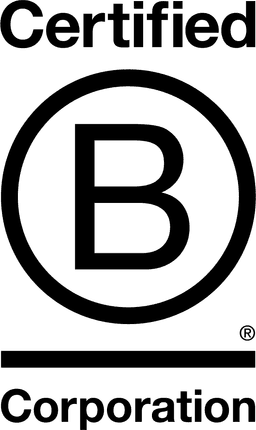

Montlimart

Pays de la Loire, France
June 2023
Apparel
Wholesale/Retail
Belgium,
France,
Germany,
Italy,
Portugal,
Spain,
Ukraine
Montlimart est une marque de prêt-à-porter française pour homme créée en 2017. Montlimart est une marque de mode masculine engagée qui propose des vêtements, chaussures et accessoires pour homme casual chics fabriqués à moins de 2000 kilomètres et en France dans des matières plus durables. Devenue entreprise à mission avec pour raison d’être : “Agir continuellement pour limiter l’impact de la mode sur la biodiversité”, la marque s’engage notamment en parrainant 100 abeilles pour chaque commande passée. Montlimart promeut ainsi une mode responsable en plaçant l'éthique au cœur de ses actions, en valorisant des savoirfaire d'exception et en préservant la biodiversité, le tout de manière totalement transparente pour le client afin de lui permettre de faire un choix éclairé en accord avec sa conscience écologique. En pleine croissance, la marque plaît et continue à séduire chaque jour de plus en plus de clients qui souhaitent s'orienter vers une mode plus durable.
Overall B Impact Score
Governance 13.6
Governance evaluates a company's overall mission, engagement around its social/environmental impact, ethics, and transparency. This section also evaluates the ability of a company to protect their mission and formally consider stakeholders in decision making through their corporate structure (e.g. benefit corporation) or corporate governing documents.
What is this? A company with an Impact Business Model is intentionally designed to create a specific positive outcome for one of its stakeholders - such as workers, community, environment, or customers.
Workers 23.5
Workers evaluates a company’s contributions to its employees’ financial security, health & safety, wellness, career development, and engagement & satisfaction. In addition, this section recognizes business models designed to benefit workers, such as companies that are at least 40% owned by non-executive employees and those that have workforce development programs to support individuals with barriers to employment.
Community 18.5
Community evaluates a company’s engagement with and impact on the communities in which it operates, hires from, and sources from. Topics include diversity, equity & inclusion, economic impact, civic engagement, charitable giving, and supply chain management. In addition, this section recognizes business models that are designed to address specific community-oriented problems, such as poverty alleviation through fair trade sourcing or distribution via microenterprises, producer cooperative models, locally focused economic development, and formal charitable giving commitments.
Environment 34.6
Environment evaluates a company’s overall environmental management practices as well as its impact on the air, climate, water, land, and biodiversity. This includes the direct impact of a company’s operations and, when applicable its supply chain and distribution channels. This section also recognizes companies with environmentally innovative production processes and those that sell products or services that have a positive environmental impact. Some examples might include products and services that create renewable energy, reduce consumption or waste, conserve land or wildlife, provide less toxic alternatives to the market, or educate people about environmental problems.
What is this? A company with an Impact Business Model is intentionally designed to create a specific positive outcome for one of its stakeholders - such as workers, community, environment, or customers.
Customers 3.9
Customers evaluates a company’s stewardship of its customers through the quality of its products and services, ethical marketing, data privacy and security, and feedback channels. In addition, this section recognizes products or services that are designed to address a particular social problem for or through its customers, such as health or educational products, arts & media products, serving underserved customers/clients, and services that improve the social impact of other businesses or organizations.